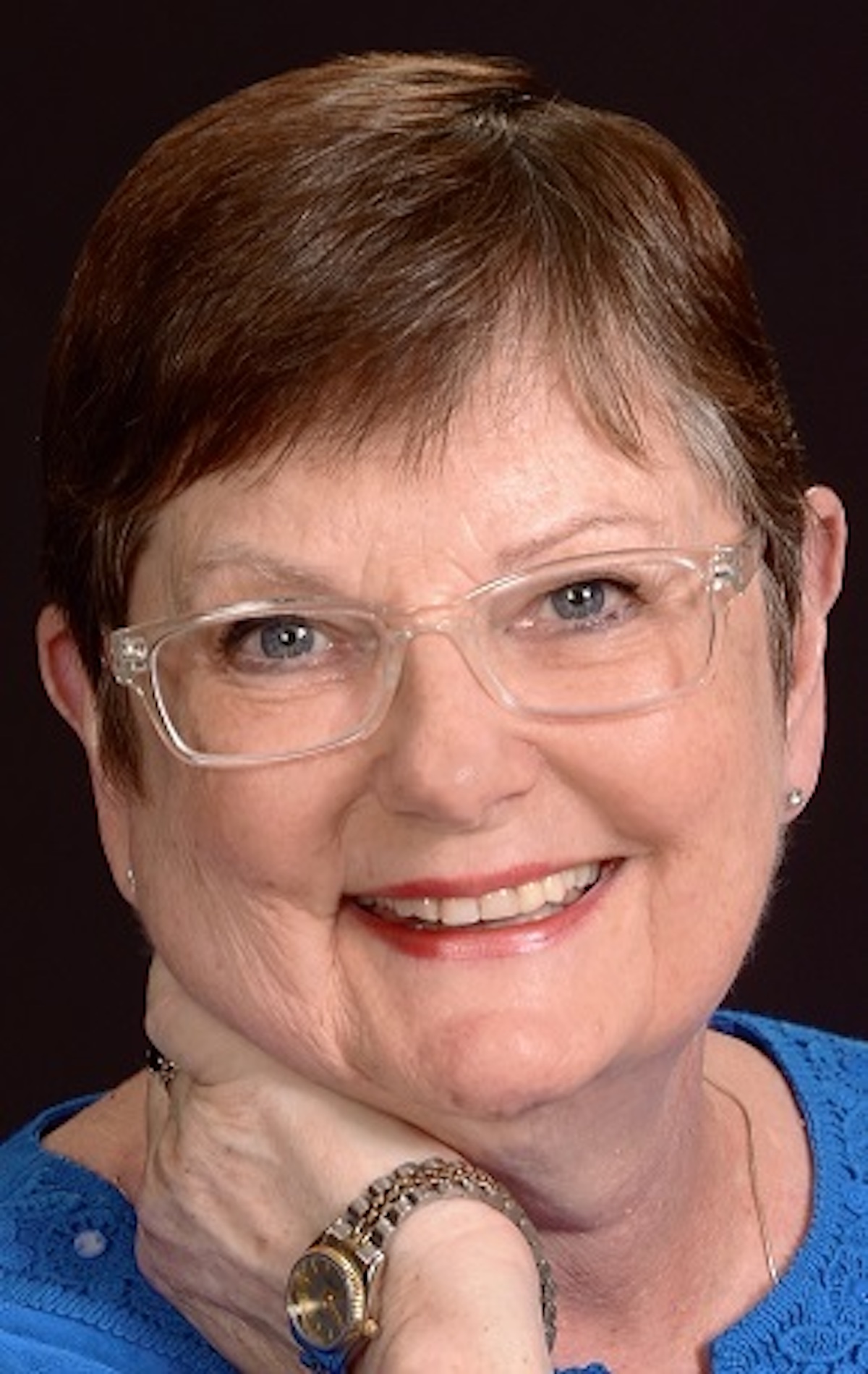By Randy Page
There’s no question that people like having options.
It’s simple, but true. In everything from smart phones to shoes, people take for granted the ability to choose products that fit their needs and personality. That same desire for choices applies to larger, more vital goods and services.
In fact, South Carolina’s popular state scholarships for higher education were created with this very truth in mind. You don’t have to look far to find someone who used the popular HOPE, LIFE or Palmetto Fellows Scholarships to attend college or university. Other state scholarships help students at technical colleges. In all, nearly $300 million in scholarships were awarded to students last year attending a very wide range of post-secondary schools all across South Carolina.
For many students, these scholarships create an opportunity to pursue higher education that otherwise wouldn’t exist. HOPE, LIFE and Palmetto Fellows scholarships can be applied to tuition costs at a variety of public and private schools.
It’s not hard to see why the state would offer these popular scholarships. Well-equipped college graduates are good for the state’s economy. They will become tomorrow’s business leaders, teachers and innovators.
The effectiveness and popularity of HOPE, LIFE and Palmetto Fellows Scholarships should make us all wonder why South Carolina isn’t creating the same opportunities for students in grades K-12?
It isn’t an issue of age. The popular “First Steps” program has distributed tuition scholarships to low income, pre-kindergarten students since 1992. It also isn’t an issue of money. After all, South Carolina public schools spend almost $12,000 per student. So what does keep us from implementing a proven, popular idea in K-12 education, when we use it to great effect before and afterwards?
Politics
A handful of special interest groups representing administrators, school boards and teachers have joined forces to fight changes in South Carolina’s almost $9 billion a year K-12 industry. These “education” groups have spent millions lobbying against school choice, even when that meant opposing scholarships for low-income and special needs students. Their standard tactic has been to characterize school choice as the enemy of good public schools. Nothing could be further from the truth.
Those of us who take the time to look into school choice programs in other states know that public schools actually make real strides forward when exposed to the competition of school choice. Florida has been a particularly well-documented example of school choice boosting public school performance.
Let’s not put politics ahead of what is proven to work for students. School choice is working right now for pre-kindergarten and college students in South Carolina. We all like the results of these programs, and you would be hard-pressed to find a legislator who wouldn’t support them. Students in K-12 grades shouldn’t be excluded from the same benefits.
Randy Page is President of South Carolinians for Responsible Government (SCRG) and a Board Member of the Palmetto Family Council (PFC).





